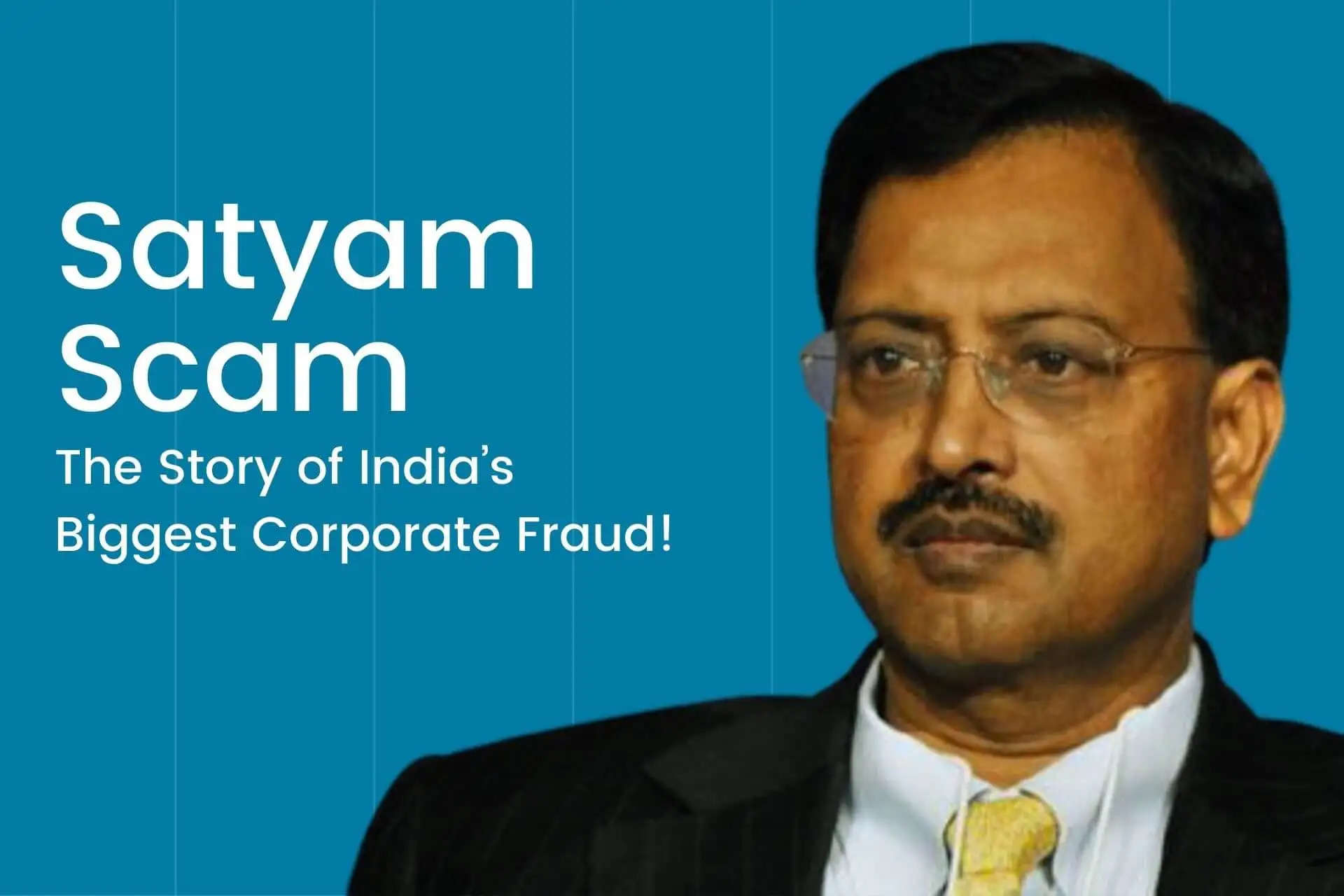Top 5 Financial Scams Of India Till 2024

5/5 Nirav Modi – PNB Bank Fraud:
Nirav Modi, a third-generation diamantaire who came of age in Antwerp, the "diamond capital of the world," was listed as the 57th richest person in the world by Forbes in 2017. A well-known businessman with several political ties, he is charged with defrauding his uncle Mehul Choksi out of ₹14,000 crores. A PNB official brought a complaint against three individuals in 2018 for presenting fictitious documents and abusing their lack of accountability. Nirav was able to get 1,212 more fake guarantees throughout the following 6.5 years after he was given his first one in March 2011. After the ED assumed control, several other facts surfaced, which caused Nirav to depart for the UK after the government designated him as a "fugitive economic offender" in December 2019.
4/5 Satyam Scam:
This fraud was carried out by Satyam Computers founder Ramalinga Raju and his elder brother Rama Raju. Raju and his assistants began inflating the amount on the balance sheet for transactions, one of the worst frauds in recent memory. Ramalinga Raju admitted to fabricating the company's income figures to raise share prices during a CBI investigation. Before Satyam was auctioned off to Tech Mahindra, the anticipated loss to stockholders was ₹14,000 crores.

3/5 CWG Scam:
The ₹70,000 crore fraud that occurred during the international event was one of the major stories surrounding the 2010 Commonwealth Games in Delhi. One of the worst cases of corruption in modern Indian history, it was tainted by fraud at every turn, from the awarding of the deal to the housing of the athletes. It was anticipated that athletes would receive just half of the total, with the remaining portion going towards needless expenses. Money was squandered on inking over-quoted contracts with dubious companies rather than collaborating with vendors that could offer high-quality tools and services. According to CAG investigations, Chairman Suresh Kalmadi is the main suspect in the fraud involving the event's "Organising Committee."
2/5 2G Spectrum Scam:
Renownedly dubbed the “second biggest instance of abusing executive power,” the 2G spectrum issue garnered international attention. In November 2010, the CAG released another report that sent shockwaves across the nation.
According to these claims, operators were receiving 2G licences for mobile networks at astronomically low costs, costing the government ₹ 1.76 lakh crores. The licences were granted to incompetent applicants who presented forged documents and employed unlawful means to get licences, as opposed to an open and equitable auction procedure.
After that, they sold them to other businesses for a higher price than they had originally charged. The genuine worth of the licences, from which the public exchequer would get the profits, was assessed to be the premium. A. Raja, the telecom minister at the time, Sanjay Chandra, the head of Unitech, and Vinod Goenka, the creator of DB Realty, were among the main defendants in the case. As of 2018, the CBI was appealing to the court against the accused's acquittal in this ongoing case.
1/5 ‘Coalgate’:
The government was allegedly involved in the "Coalgate" incident, making it one of the largest frauds in India. The Comptroller and Auditor General (CAG) of India reported that from 2004 to 2009, the then-UPA administration was implicated in the ineffective and perhaps unlawful distribution of coal blocks. The government assigned 70 coal blocks in total throughout the 1993–2003 amendment of the criteria. The government could have auctioned off these coal mines, but CAG said that it chose not to do so, allowing allocates to profit from "windfall gains."
According to the CAG report, the exchequer's loss was initially expected to be a staggering 10.78 lakh crores, but it ultimately settled at 1.86 lakh crore. It was claimed that the blocks of coal had been unfairly distributed by favouring some groups and people over others and eschewing the traditional "competitive bidding" procedure.
Known as the "mother of all scams," it featured several powerful officials and bureaucrats and dealt severe harm to the prestige of the specific government. The bureaucrats K.C. Samaria, the former director of the coal ministry, K.S. Kropha, the former joint secretary, and H.C. Gupta were ultimately found guilty and imprisoned.




